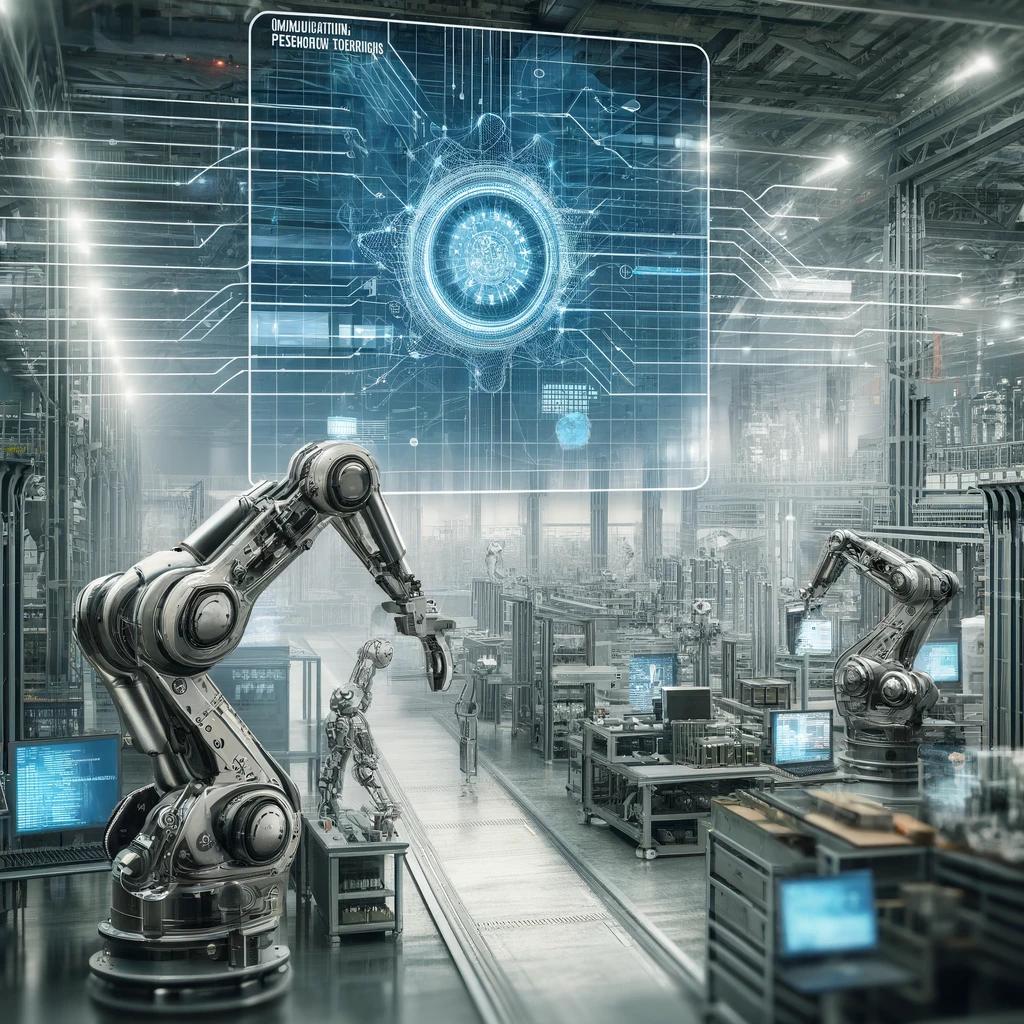 CyMOT
CyMOT
3 Course categories

Manufacturing Cyber systems Operator
The role of a Manufacturing Cyber Systems Operator in the manufacturing industry blends traditional manufacturing expertise with a deep understanding of cyber systems, automation, and data analytics. Responsible for overseeing the integration of digital technologies with physical manufacturing processes, they ensure the smooth operation, security, and optimization of cyber-physical systems (CPS) within the manufacturing environment. This entails monitoring and maintaining industrial control systems (ICS), programmable logic controllers (PLCs), robotics, and IoT devices, while also implementing robust cybersecurity measures to safeguard manufacturing systems and data. Additionally, they analyze manufacturing data to identify opportunities for process optimization and quality improvement, collaborating with cross-functional teams to align manufacturing operations with digital initiatives. With proficiency in manufacturing operations, cyber systems, automation technologies, and data analytics, Manufacturing Cyber Systems Operators drive digital transformation, operational excellence, and innovation in the manufacturing industry.

Cybersecurity Manufacturing AI/ML Engineer
Technology is reshaping manufacturing – and specifically artificial intelligence (AI) is improving many manufacturing life cycle points: speeding up parts inspection, enabling predictive diagnostics, optimizing staffing and supply chains, and more. Advanced technologies - especially those like AI - are both progress and pain. They enable the manufacturing ecosystem to achieve value not seen before but also give bad actors more tools to attack a wider range of manufacturing assets from trade secrets to customer devices and after-market services. New combinations of human, technical, and business capabilities are needed to put up the good fight. If employers, cyber tool developers, and service providers combine the capabilities of AI and human cyber guardians with specific knowledge and needs focused on manufacturing vulnerabilities, manufacturers may stay ahead or come out on top instead of increasingly being a top target for cyber disruption and damage. For all of those opportunities, it is the role of a Manufacturing Cybersecurity AI Engineer.

Advanced Cybersecurity Manufacturing Analyst
The Advanced Cybersecurity Manufacturing Analyst holds a pivotal role in fortifying manufacturing systems against cyber threats, blending expertise in cybersecurity with a profound understanding of manufacturing processes and technologies. Responsible for conducting comprehensive cybersecurity risk assessments, designing robust security architectures, and implementing proactive measures to safeguard critical assets, they bridge the gap between IT and OT environments. Their duties encompass developing incident response plans, ensuring regulatory compliance, and delivering tailored cybersecurity awareness programs to mitigate human-related risks. Proficiency in cybersecurity principles, frameworks, and tools, alongside a deep comprehension of industrial control systems and SCADA, is crucial. Effective communication, analytical prowess, and collaboration skills are essential in liaising with stakeholders across domains. Relevant certifications such as CISSP, CISM, or GIAC GICSP further validate their expertise, underscoring their vital role in protecting manufacturing operations.

